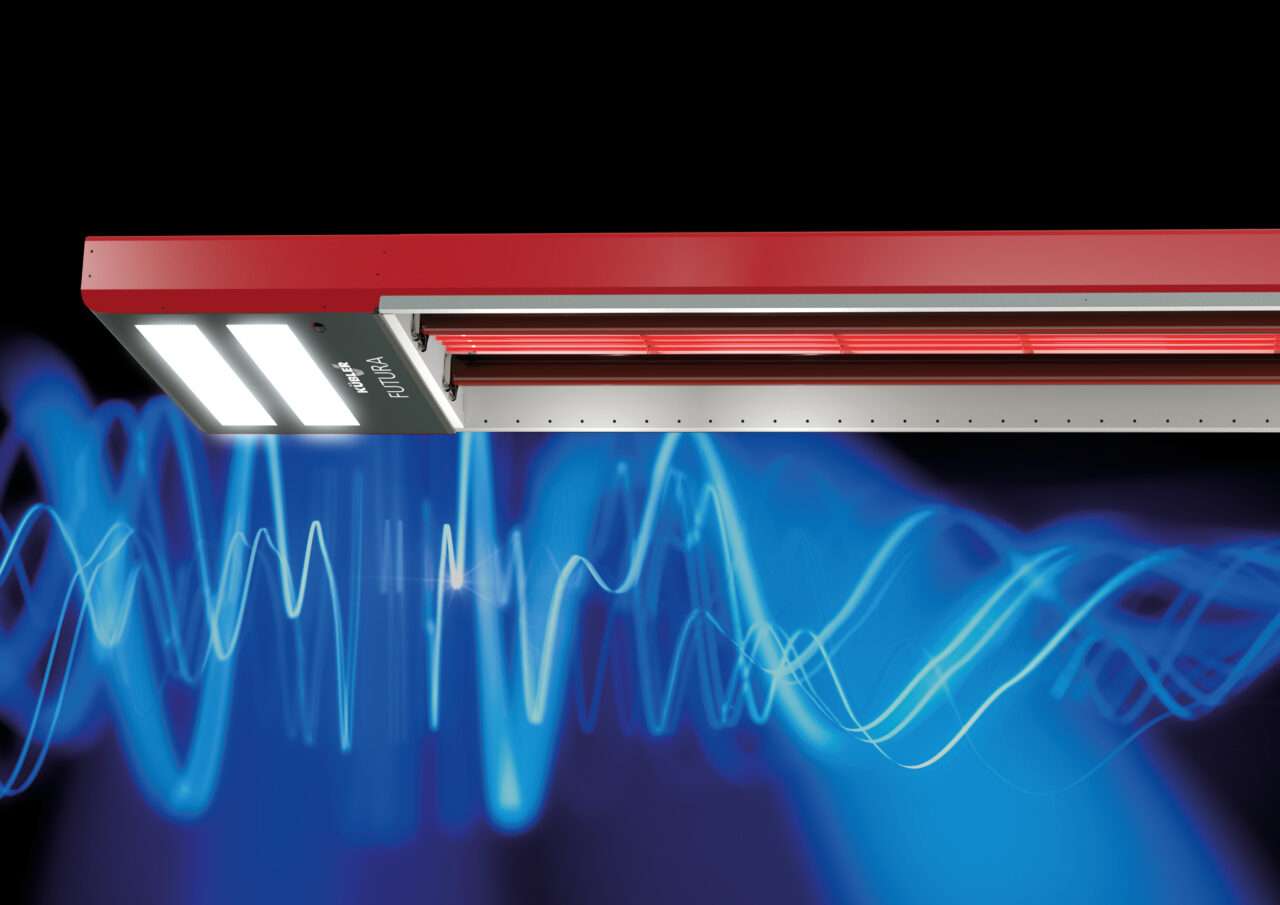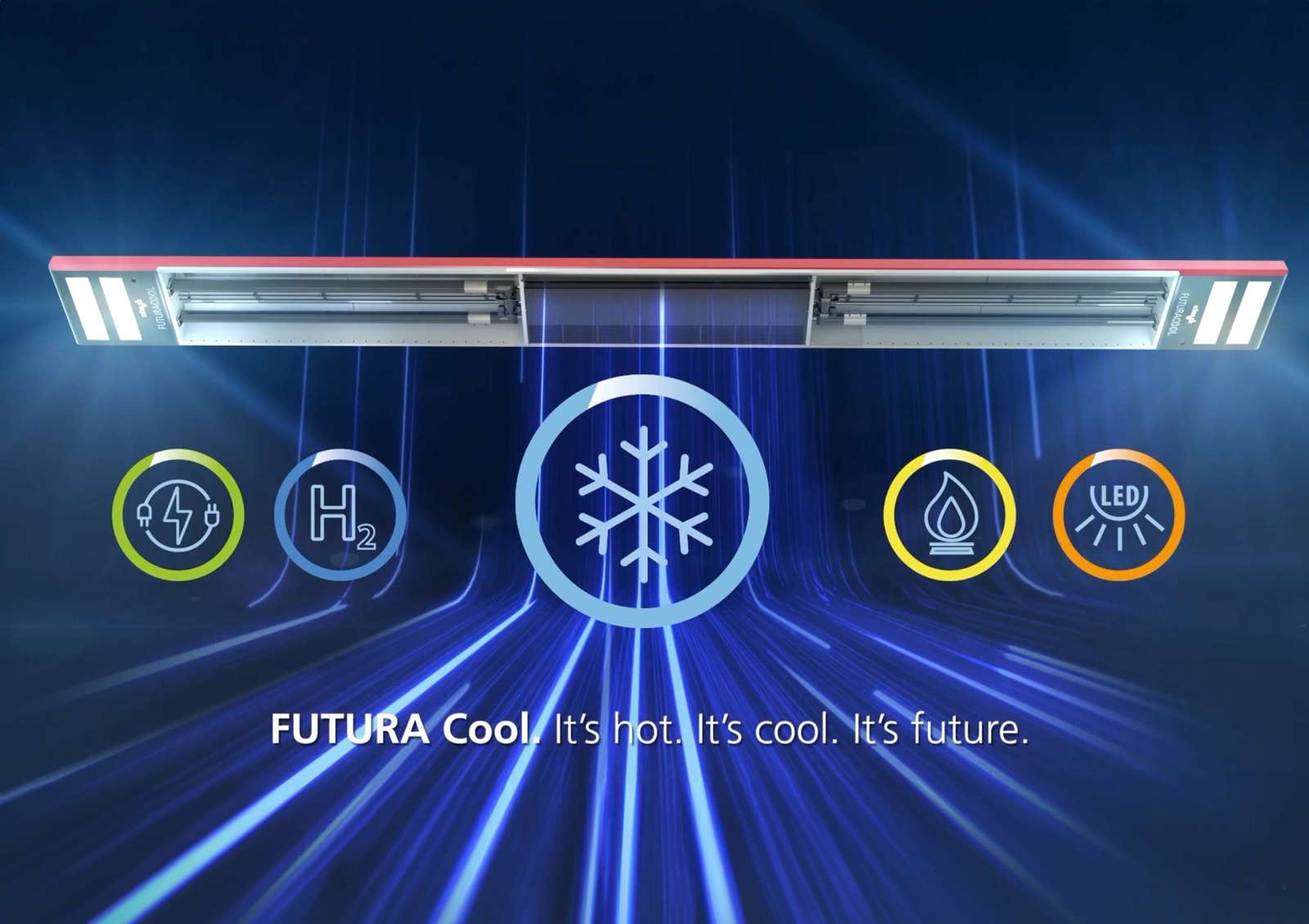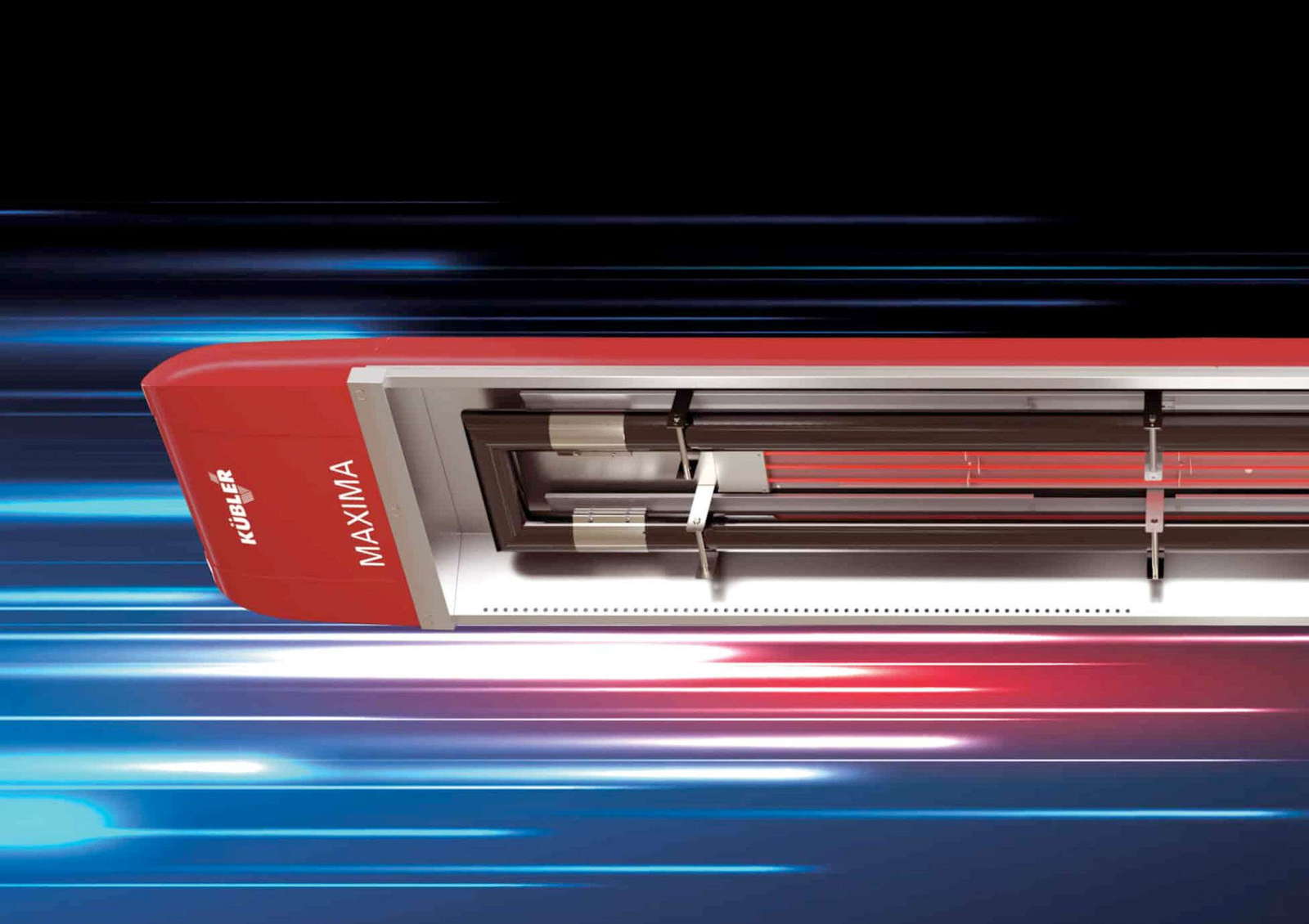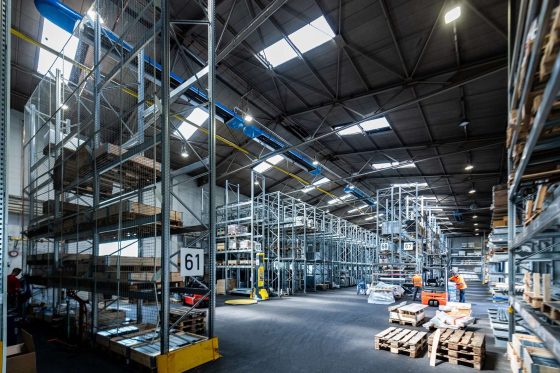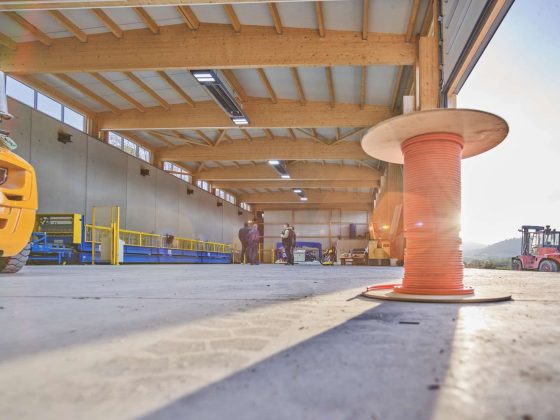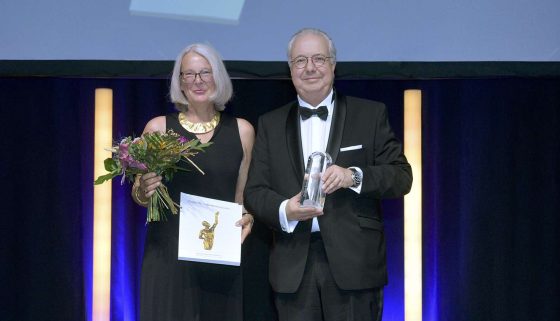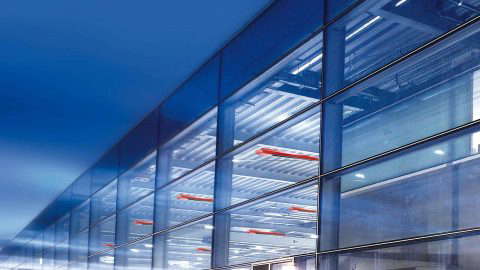What's next for the Heating Act?
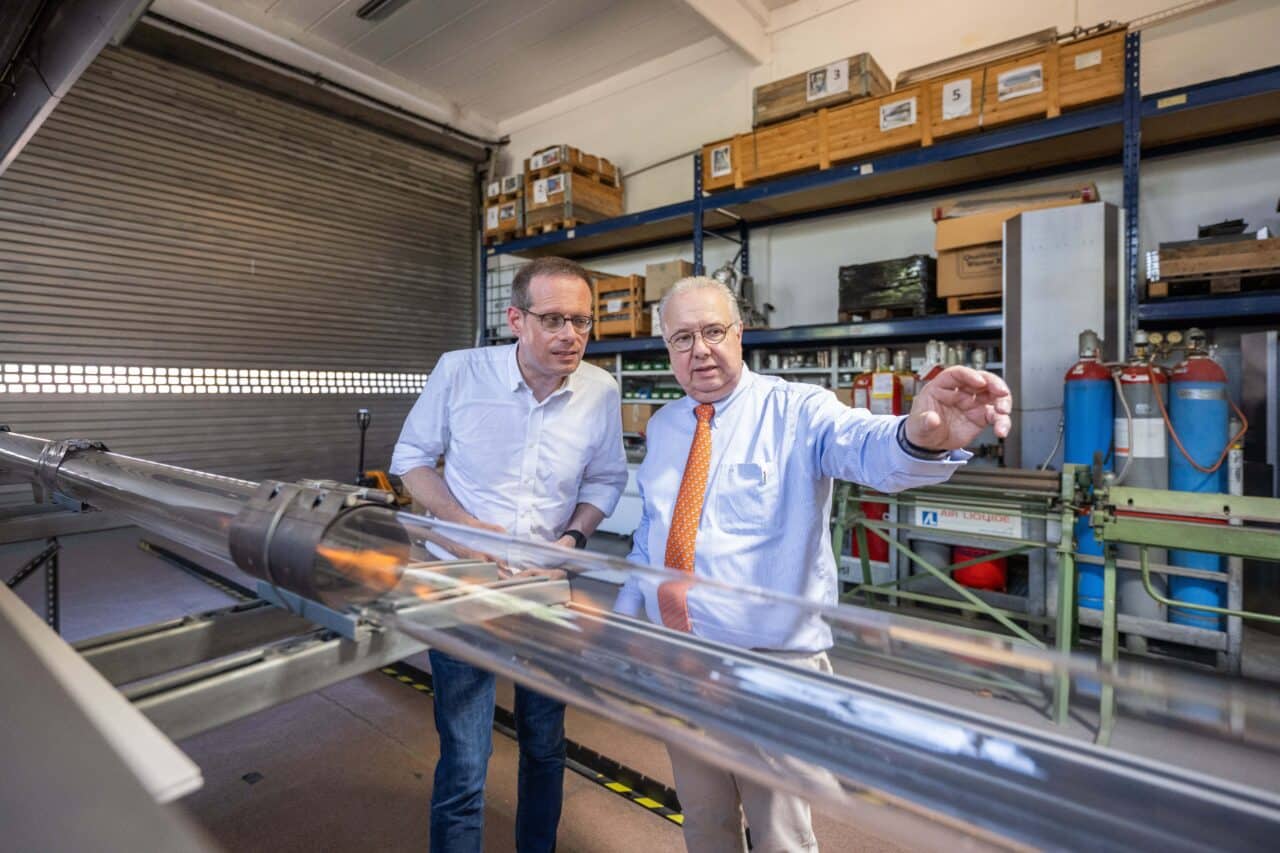
KÜBLER is all about energy-efficient hall heating. And has been for almost 35 years now. Since its foundation in 1989, the hidden champion from the Rhine-Neckar metropolitan region has been developing highly specialized infrared hall heating systems for the energy transition. More than 20,000 projects have been implemented - in buildings from 4 to 40 meters high. From 100 m² car workshops to 40,000 m² production and storage complexes. From sports and event halls to greenhouses, railroad stations and aircraft hangars. KÜBLER is regarded as an innovation leader in the industry and has received numerous awards for its development achievements, including the German Sustainability Award. The latest contribution to the heating revolution in indoor buildings, the FUTURA multi-energy IR heating system, has won four prestigious awards since its market launch just a few months ago.
So Thomas Kübler knows his stuff when he talks about heating halls. In his opinion, this building segment is still not sufficiently present in the political and public perception. It is felt that 99.9 percent of the focus is on multi-storey buildings, says Kübler. Yet commercial and industrial hall buildings account for no less than around 15 percent of total building-related energy consumption in Germany, with a corresponding share of greenhouse gas emissions.
"Giant buildings such as commercial and industrial halls have specific heating requirements. The heat pump can only score a few points here",
explains Kübler. Even in terms of energy efficiency, heat pumps are no better than modern infrared heating technology. If only because an important point is overlooked in the calculation: Heat pumps are pure heat generators. They require additional technology to transfer the heat into the room, e.g. underfloor heating or warm air blowers. For a number of reasons, both are hardly functional or sensible in halls. And certainly not economical. But this is exactly what is needed to make the energy transition in Germany a success.
During the summer break, Konrad Stockmeier and his team not only prepared the legislative negotiations on municipal heating planning. He also used the time to visit companies - including innovative heating manufacturers in the Rhine-Neckar region, as infrared heating systems are very interesting for homes and offices as well as for halls and other commercial buildings. Stockmeier says:
"For the FDP, technological diversity is extremely important when it comes to climate-neutral heating. Because you need different solutions for halls than for homes. This applies to existing buildings. And it applies to new builds. Here in particular, we need a wide range of technologies because heat pumps, for example, may not be the most cost-effective solution. Other technologies can be more energy-efficient here."
In the research and development department at KÜBLER, he tested how infrared heat works.
"The heat is available at the touch of a button without preheating. And when you press the off switch, it's gone again. That's impressive,"
said the member of the Bundestag. In his opinion, energy will probably no longer be as cheap as it was in the past. "That's why we will use energy even more efficiently when it comes to heating."
Thomas Kübler has one wish when it comes to the question of how to proceed with the Heating Act. In his view, there is still a need for optimization in the area of new buildings, because this refers to an outdated standard that cannot reflect the important contribution of ultra-modern and innovative hall heating technology to climate neutrality. Nevertheless, according to the plans of the traffic light coalition, the building energy law will go through the Bundestag in the first session week after the summer break in the compromise that has been worked out. Konrad Stockmeier is convinced:
"We get a good overall package for climate-neutral heating with the combination of the Building Energy Act and municipal heating planning. This overall package creates planning and investment security for private households, businesses and also for public institutions,
KÜBLER wants to know how developments will continue at European level. Konrad Stockmeier comments: "We are very, very vigilant when it comes to the Ecodesign Directive. We are strictly opposed to Brussels now imposing regulations on the member states that restrict technological diversity. We want technological diversity in heating in Germany and throughout the European Union. The heating system must fit the building and not the other way around. In this way, we are also promoting export opportunities for innovative German manufacturers - especially from the SME sector."
-
The new one pays off. Renting the new hall heating saves Dexion energy and €45,000 in heating costs.Outdated heating technology in hall buildings is expensive and energy-intensive. However, modernization is complex and associated with investment costs. Dexion has found a new and convenient solution to the problem of modernization. The world's leading specialist for warehouse logistics solutions relies on the latest service product from KÜBLER - HeizWerk. And is now benefiting from the advantages of modern infrared heating technology. These include: high energy efficiency, reliable heat supply, a clean, draught-free working environment and reduced heating costs. Without any investment on your part.
-
A few months ago, KÜBLER was honored in the Premier finalist category - as one of only five companies out of 4,600 nominated for the SME Grand Prix. Now the renowned hall heating specialist has been nominated again: 2025 for the highest category, the Premier. For over 35 years, the Ludwigshafen-based company has been shaping the market with innovative infrared technologies that combine energy efficiency, cost-effectiveness [...]
-
For more than three decades, the company has been revolutionizing the market with its innovative infrared technology, which focuses on energy efficiency, cost-effectiveness and user-friendliness. With this technology, which heats the surfaces it encounters rather than the air, KÜBLER has managed to save up to 70 % of energy in tall hall buildings compared to conventional systems [...].
-
The old hall heating system consumes too much energy. And it is becoming increasingly unreliable. Good reasons to finally tackle heating modernization and replace the old system with a modern, energy-efficient one. But the expense seems high and is often shied away from. Yet today there are alternative solutions that can also be very interesting from an economic point of view.
